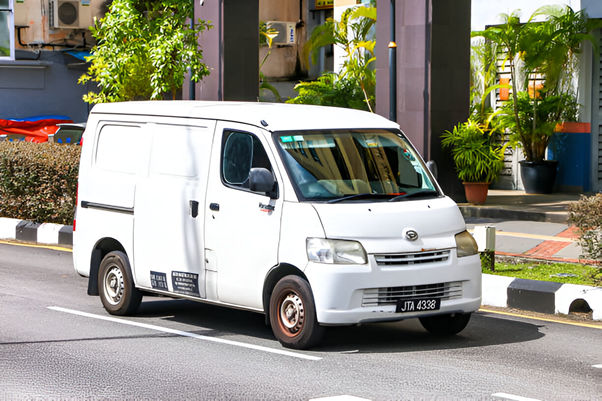Selecting between leasing and purchasing a van may seem like a significant choice if you manage a company or a hectic life that demands a steady set of wheels. It is not only about the amount you are spending – it is also about what is ideal for your lifestyle, future goals, and financial independence. Consider each alternative’s advantages and drawbacks to determine which one is best for you.
The argument for leasing a van
Van leasing is analogous to renting a house since you don’t own it but are allowed to use it for a specified amount of time with less up-front financial responsibility. Small business owners and independent drivers wishing to keep things flexible will find this quite advantageous.
A cheap van lease from Swiss Vans in West Wales, UK, is one popular alternative several are choosing. They give reasonably priced leasing offers that help companies acquire the newest models without breaking.
Since leasing usually includes maintenance and service, you are less likely to be presented with unexpected repair bills. Furthermore, since lease agreements generally run for 2–4 years, you can change your car often and always be current with the most recent features and fuel economy standards. If an image, safety technology, or fuel efficiency are at the top of your list of priorities, this is a major victory.
The argument in favor of van ownership
Conversely, buying a van outright (or via financing) gives you ownership, which could offer solace. Feel free to change the car, cover it in your branding, or sell it at leisure. If you rack up many miles, the absence of a mileage limit is terrific.
Buying may spare you money in the long term if you intend to keep the van for the long term. With leasing, you keep paying as long as you want to keep driving a newer model, so once the loan is paid off (if you financed), you are free with payments completely—a different case.

Consider wear and mileage
Overages might lead to additional fees, so leases generally include miles restrictions. Purchasing eliminates the need to be concerned about extra miles accumulating quickly; if you are using your van extensively for deliveries, transportation, or long distances, however, those extra miles add up fast. You can drive as often as you want, whenever you want.
Also, think about wear and tear. Many leasing businesses require the van to be returned in good shape. Knowing that your job is hard on cars—construction, landscaping, and so on—you would be wise to purchase and not worry about every scratch or ding.
Agility vs. Long-term value
Leasing offers more versatility. Your company may expand, and you are unsure two years from now. Alternatively, perhaps you want the independence to modify every few years without selling your old van. Leasing shines there.
Buying gives long-term worth, nonetheless. Your van is yours to keep once you have cleared it off, and every mile after that costs practically nothing apart from fuel and maintenance—long-term ownership is a wise choice.
So, what will you best fit?
If cash flow is tight or you like driving a new van every time, leasing is likely the better fit. Conversely, purchasing might be your best choice if you want to create long-term value and have complete freedom.
Ultimately, there is not a one-size solution. With some guidance and thinking, you will get the correct set of keys for yourself.


 Explore Riise trading app by Motilal Oswal: Your gateway to a seamless trading experience
Explore Riise trading app by Motilal Oswal: Your gateway to a seamless trading experience  Indian Investors: What Happens to Your US Stocks After You Die?
Indian Investors: What Happens to Your US Stocks After You Die?  What are the business applications of blockchain beyond digital currency?
What are the business applications of blockchain beyond digital currency?  Clinical Trial Outsourcing Trends: A Waud Capital Partner’s Perspective on Market Opportunity
Clinical Trial Outsourcing Trends: A Waud Capital Partner’s Perspective on Market Opportunity  Tips for planning a beautiful wedding on a budget with a loan
Tips for planning a beautiful wedding on a budget with a loan  Do the Wifi profits reviews reveal daily earning patterns?
Do the Wifi profits reviews reveal daily earning patterns?  A Clear Choice: Enhancing Your Property with Quality Doors and Windows in Calgary
A Clear Choice: Enhancing Your Property with Quality Doors and Windows in Calgary  Best Advance Payday Loan Options for Quick Cash in Nevada
Best Advance Payday Loan Options for Quick Cash in Nevada  How to Prepare Your Small Business for Tax Season
How to Prepare Your Small Business for Tax Season 